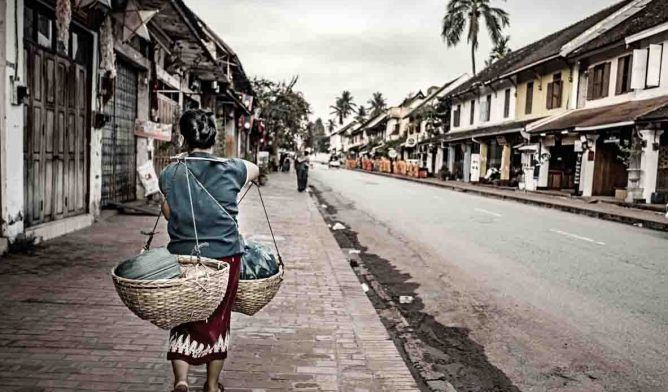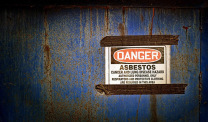Pushing for Asbestos Bans in Southeast Asia
Asbestos Exposure & BansWritten by Tim Povtak | Edited By Walter Pacheco

Dr. Ken Takahashi is doing more than just talking about a global ban on asbestos products and the eventual end of asbestos-related diseases.
He is traveling the world to help make it happen — one small step at a time.
Takahashi, who is the director of the Asbestos Diseases Research Institute (ADRI) and consultant for the World Health Organization (WHO), met recently with government officials in Laos, currently one of the highest per capita consumers of asbestos particles.
And he liked what he heard.
“I am optimistic there, but with caution,” Takahashi told Asbestos.com. “Ultimately, it is a battle for the cause, whether to prioritize long-term health or short-term economic gains.”
He was part of a second annual workshop sponsored by the Laos Ministry of Health (MOH), which is discussing a National Action Plan to implement a ban of chrysotile asbestos.
Takahashi is among an international collaboration of global leaders who are helping still-developing countries map out their plan.
“My role is to assist the country in making the transition, which requires careful steps,” he said. “The country now lacks awareness, knowledge and expertise on health hazards of asbestos.”
Asbestos Use Prevalent in Southeast Asia
There currently are 62 countries that have banned asbestos, according to the International Ban Asbestos Secretariat (IBAS), leaving more than 100 others that continue to use it.
Like Laos, many of the largest consumers of asbestos today are Asian nations.
Asbestos is a naturally occurring mineral still coveted in some countries as a building material for its tensile strength, heat resistance and affordability.
Unfortunately, it also is toxic, particularly as it ages. Asbestos can lead to a wide range of serious health problems, including mesothelioma, lung cancer and asbestosis.
Despite the large amounts of asbestos used in Southeast Asia, mesothelioma incidence rates are relatively low in comparison to Western nations.
ADRI, which is the world’s only research institute focused exclusively on asbestos and asbestos-related diseases, is based in Australia but spreading its influence everywhere.
There are asbestos-related plans to work with the Secretariat of the Basel, Rotterdam and Stockholm Conventions within the United Nations Environmental Programme (UNEP).
Asbestos Industry Booming in Laos
Takahashi anticipates working in the near future with Thailand, the Philippines and other countries throughout South Asia.
In Laos, a country of 7 million people, there are at least 15 factories using large amounts of asbestos to make plasterboards, tiles and other roofing materials.
Laos has been importing an estimated 8,000-9,000 tons of asbestos annually, mostly for the building industry.
Those factories are being encouraged to substitute other materials — many are more costly — but the response has not been overwhelming.
Even with various government agencies in Laos, there has been disagreement. While the Ministry of Labour and Social Welfare and the health ministry support a future ban of asbestos, the Ministry of Industry is against it.
Dr. Bounpheng Philavong of the Ministry of Health told the gathering last week that the government’s goal is to end the use of asbestos in factories by 2020.
“There will be a tug of war across ministries,” Takahashi said. “Strong political will is most important. Pro-chrysotile lobbies already are active in Laos, and to an extent, already succeeded in influencing some ministries.”
Long-Term Implications of Asbestos Use
As part of the workshop, different speakers emphasized that current exposure to asbestos, which is at its peak in Laos, will be killing people 15-40 years from now because of the long latency period that accompanies many of these diseases.
The majority of the deaths are likely to involve occupational exposure, which today is being discussed in Laos more than ever before.
“Efforts to stop using asbestos are important because there should be zero tolerance to occupational cancer. No person should die from a disease due to work,” Takahashi said. “If these developing countries do not stop using asbestos, we have to anticipate a serious burden of asbestos-related disease down the road.”






